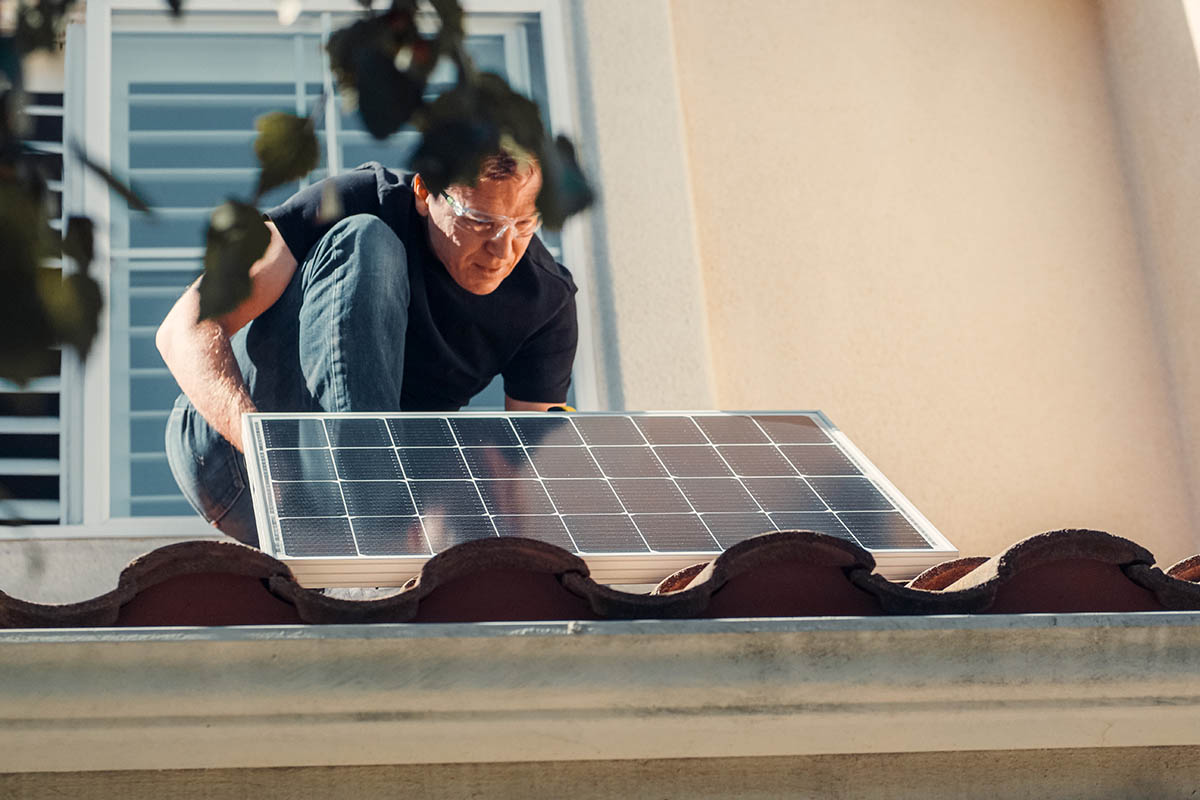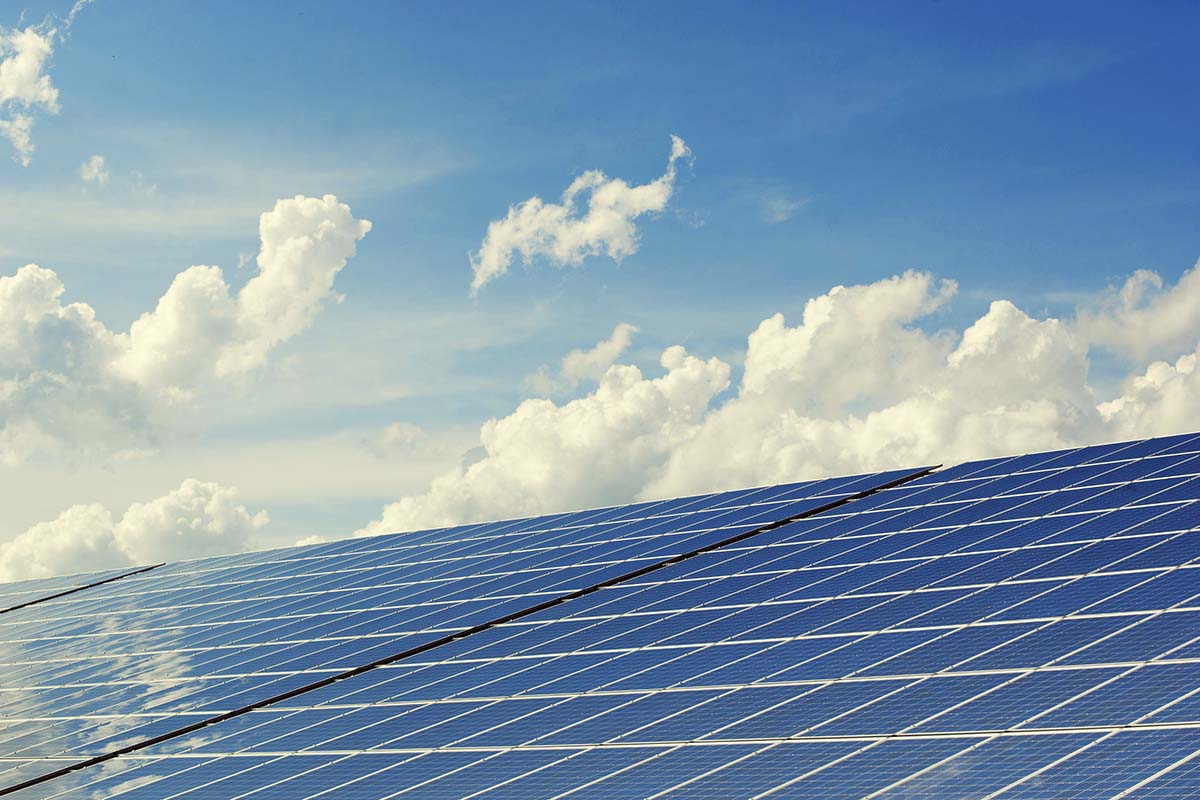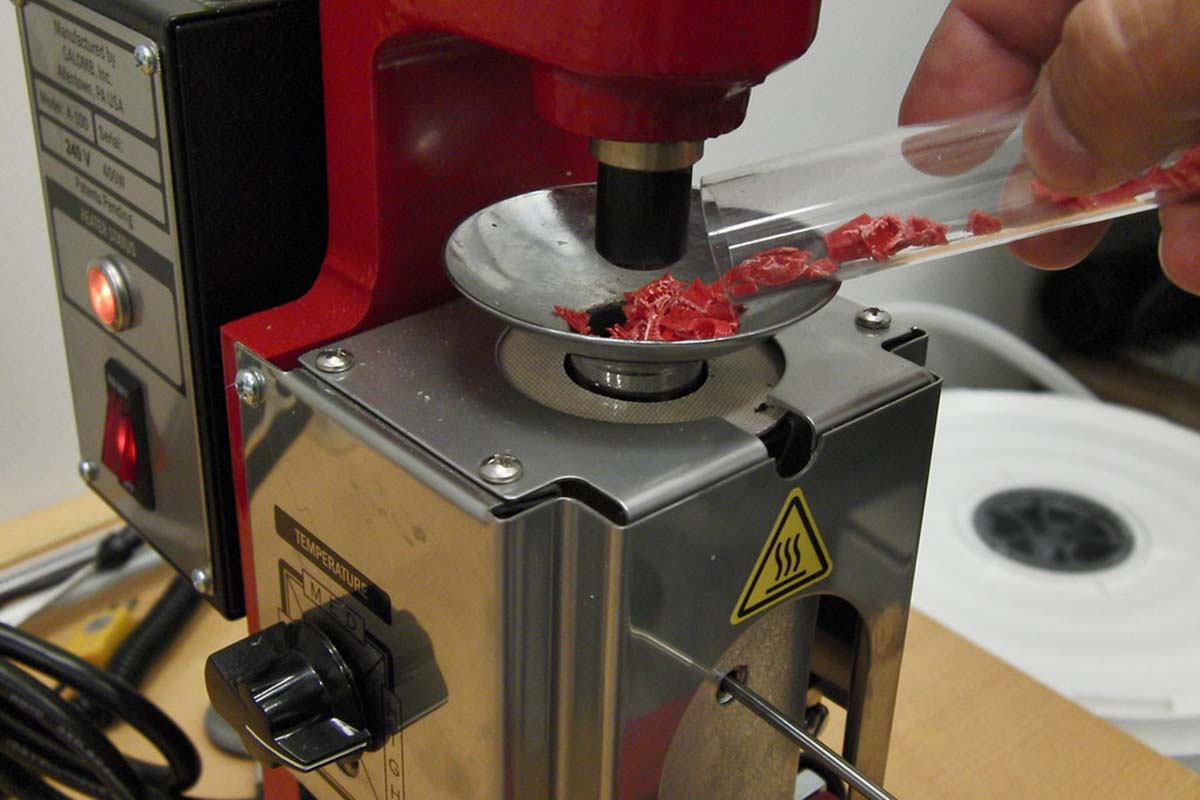Solar power energy is of utmost importance in Maui, HI, due to its potential for sustainable development and reducing dependence on fossil fuels. With abundant sunlight throughout the year, Maui has a unique advantage in harnessing solar energy to meet its growing energy demands.
This article explores the advantages of solar energy for Maui’s sustainability, highlighting the economic benefits and government initiatives to promote solar power adoption. By transitioning towards renewable sources like solar power, Maui can reduce its carbon footprint and create a more resilient and self-sufficient energy network.
However, despite these advantages, there are challenges that need to be overcome to expand the solar power network in Maui effectively. Through technical advancements and strategic planning, it is possible to maximize the use of solar power in Maui and pave the way toward a greener future.
Importance Of Solar Power Energy In Maui Hi: The Potential of Solar Power in Maui
The potential for solar power energy in Maui is significant, as the abundance of sunshine and favorable climate conditions make it an ideal location for harnessing renewable energy. With its strategic geographical position and consistent sunlight throughout the year, Maui has a high potential for growth in solar power production.
The island’s commitment to utilizing renewable resources aligns with its goal of reducing dependence on fossil fuels and mitigating environmental impact. Solar energy is a clean and sustainable source of power that can significantly reduce greenhouse gas emissions.
By harnessing the sun’s rays, Maui can tap into this abundant resource while minimizing its carbon footprint. Solar power offers numerous benefits, such as increased energy efficiency and reduced reliance on imported fossil fuels.
Community involvement is crucial to maximize the potential of solar power in Maui. Engaging residents, businesses, and local organizations in adopting solar technologies can create a collective effort toward achieving a more sustainable future. This can be accomplished through educational campaigns, incentivizing solar installations, and facilitating access to financing options.
Maui has immense solar power potential due to its sunny climate and commitment to renewable energy sources. By capitalizing on this potential growth in the solar sector, the island can minimize environmental impact while enhancing energy efficiency. Community involvement plays a vital role in realizing these objectives by encouraging the widespread adoption of solar technologies throughout Maui’s diverse communities.
Advantages of Solar Energy for Maui’s Sustainability
One key benefit of implementing solar technology in Maui is its positive impact on the island’s long-term environmental sustainability. Solar energy offers numerous advantages that contribute to a more sustainable future for Maui.
Cost Savings
- Solar power reduces electricity bills for residents and businesses, leading to significant cost savings over time.
- Solar energy utilization decreases reliance on fossil fuels and volatile oil prices, creating a more stable and affordable energy market.
Environmental Impact
- Solar power generates clean energy without greenhouse gas emissions or air pollution.
- By reducing the dependence on fossil fuels, solar energy helps combat climate change and protects Maui’s natural resources.
Energy Independence
- Embracing solar power enhances Maui’s energy independence by diversifying its energy sources.
- With abundant sunlight throughout the year, relying on solar energy reduces the need for imported fuels and strengthens local resilience.
Job Creation
- Adopting solar technology creates job opportunities in the installation, maintenance, manufacturing, and research sectors.
- These new jobs stimulate economic growth while promoting a renewable future for Maui.
Implementing solar power in Maui offers substantial cost savings, mitigates environmental impact, promotes energy independence, and fosters job creation. The island can build a sustainable future powered by renewable energy by capitalizing on these advantages.
Reducing Dependence on Fossil Fuels in Maui
Maui must prioritize reducing its reliance on fossil fuels to achieve a more sustainable future. One effective way to accomplish this goal is by adopting renewable energy sources, such as solar power. Solar energy offers numerous advantages over traditional fossil fuels regarding environmental impact and long-term sustainability.
One key benefit of solar power is its ability to reduce carbon emissions significantly. Fossil fuel combustion releases large amounts of greenhouse gases into the atmosphere, contributing to global warming and climate change. In contrast, solar energy generates virtually no greenhouse gas emissions, making it an environmentally friendly alternative.
Furthermore, solar power promotes energy efficiency by harnessing the sun’s rays to generate electricity directly at the point of use. This eliminates transmission losses from transporting electricity from centralized power plants to end-users. Additionally, advancements in clean technology have made solar panels more efficient and affordable than ever before.
By investing in sustainable development practices centered around renewable energy sources like solar power, Maui can pave the way toward a cleaner and greener future. Reducing dependence on fossil fuels helps mitigate climate change and increases energy security and local economic growth. Embracing clean technologies like solar power is crucial for Maui’s sustainability journey and sets an example for other communities striving towards a more sustainable world.
Economic Benefits of Solar Power in Maui
Moreover, the economic benefits of adopting solar energy in Maui extend beyond environmental considerations. Implementing solar power profoundly impacts the local economy, leading to economic growth and job creation. Here are three key benefits:
- Job Creation: The transition to solar power creates new employment opportunities in Maui. According to a study conducted by the Solar Energy Industries Association (SEIA), the solar industry employs more than 2,000 people in Hawaii, with a significant portion located in Maui. This surge in job creation stimulates the local economy and reduces unemployment rates.
- Cost Savings: Solar power offers substantial cost savings for Maui’s residential and commercial users. By harnessing abundant sunlight, individuals and businesses can significantly reduce their electricity bills over time. These savings can be redirected towards other essential expenses or invested in the community, further fueling economic growth.
- Environmental Impact: Shifting towards solar energy promotes sustainability and reduces reliance on fossil fuels, which have detrimental ecological effects such as air pollution and greenhouse gas emissions. By embracing solar power, Maui contributes to mitigating these negative impacts while preserving its pristine natural beauty—an asset that attracts tourists worldwide.
Integrating solar power into Maui’s energy mix fosters environmental stewardship and drives economic growth through job creation and cost savings. It paves the way for increased energy independence while benefiting residents and businesses.
Government Initiatives and Incentives for Solar Energy in Maui
Government initiatives and incentives in Maui have played a significant role in promoting the adoption of solar energy, leading to increased installations and a more sustainable energy landscape.
The government has strongly supported solar power through various programs and policies. One of the key initiatives is the availability of tax credits for individuals and businesses that invest in solar installation. These tax credits help to offset the initial costs associated with installing solar panels, making it more affordable for residents and companies to transition to solar energy.
In addition to tax credits, Maui’s government has set renewable energy goals that further incentivize the use of solar power. These goals aim to reduce dependence on fossil fuels and promote a cleaner, greener future. The government is actively working towards achieving these targets by offering financial incentives and encouraging renewable energy development.
Furthermore, net metering is another crucial initiative implemented by Maui’s government. Net metering allows homeowners and businesses with solar panels to sell excess electricity back to the grid. This reduces their utility bills and creates a more balanced and resilient power system.
Overall, these government initiatives and incentives have contributed significantly to the growth of solar power in Maui. They have made it financially feasible for individuals and businesses alike to adopt this sustainable energy source, thereby reducing carbon emissions while moving closer to achieving renewable energy goals.
Solar Power Energy In Maui Hi: Overcoming Challenges and Expanding the Solar Power Network in Maui
Despite the unique geographical challenges and limited land availability, expanding the solar power network in Maui necessitates innovative approaches to maximize solar energy generation. Overcoming obstacles is crucial in order to ensure a successful transition towards renewable energy solutions.
Here are five key strategies that can be implemented
- Infrastructure Development: The development of robust infrastructure is essential for the efficient utilization of solar power. This includes building new transmission lines and enhancing grid capacity to accommodate increased solar energy production.
- Community Engagement: Engaging with local communities plays a vital role in promoting the adoption of solar power. Educating residents about the benefits of solar energy and addressing their concerns can help generate support for expanding the network.
- Financing Options: Accessible financing options, such as low-interest loans or tax incentives, can incentivize individuals and businesses to invest in solar power systems. Making these options readily available can drive widespread adoption.
- Regulatory Support: Streamlining regulations related to permitting and interconnection processes can reduce barriers to entry for solar power developers. Simplifying these procedures encourages more investment in renewable energy projects.
- Collaboration with Stakeholders: Collaborating with various stakeholders, including government agencies, utilities, and private sector entities, fosters a collaborative approach toward expanding the solar power network in Maui. By working together, resources can be pooled, expertise shared, and progress accelerated.
By adopting these strategies alongside innovative technological advancements, Maui has the potential to overcome challenges and significantly expand its solar power network while contributing towards a sustainable future.
Solar Power Energy in Maui Hi: Conclusion
In conclusion, solar power has immense potential in Maui, offering numerous advantages for sustainability and reducing dependence on fossil fuels. The economic benefits of solar energy are evident, with cost savings and job creation opportunities. Government initiatives and incentives play a crucial role in promoting solar adoption.
However, challenges remain, such as expanding the solar power network and addressing technical limitations. Maui can achieve a more sustainable future by addressing these challenges and continuing to invest in solar energy.




















